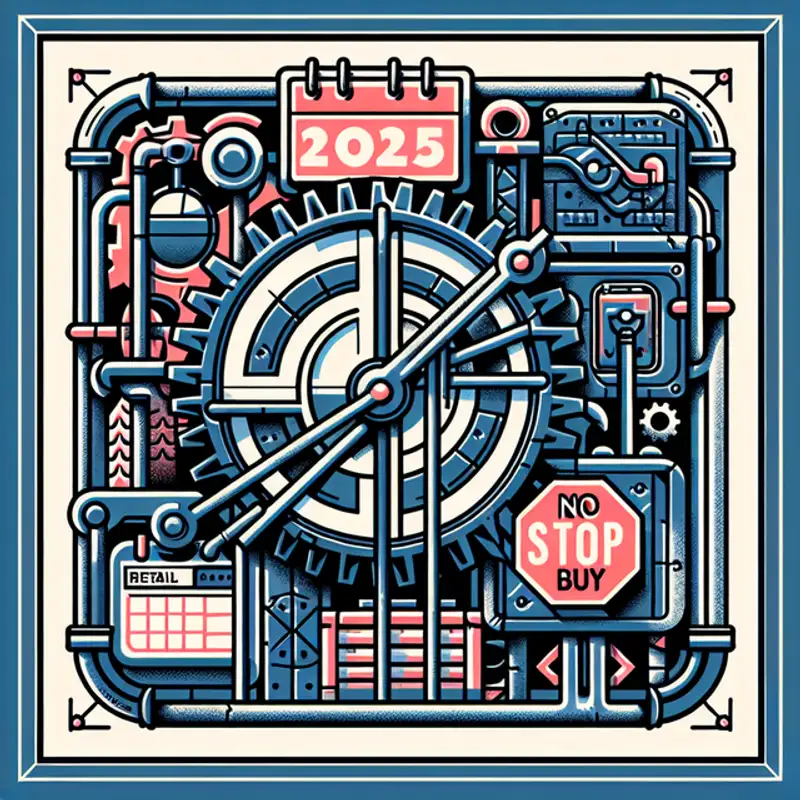In this engaging New York Times piece, we dive into a growing consumer backlash against the endless barrage of marketing on social media, as exemplified by Cassandra Orakpo and countless others pledging a "No Buy 2025" lifestyle. Tired of impulsive purchases fueled by personalized ads and notifications—from cake decorating kits to unused perfumes—shoppers are intentionally stepping away from platforms like TikTok, Shein, and Temu. They are curbing their spending as a way to fight back against what many describe as a “predatory” system of corporate manipulation. Among the movement’s rallying cries is one participant’s blunt remark, “It is getting heavy,” a sentiment shared by many who feel overwhelmed by a relentless, $103-billion social media advertising machine. The article also delves into the psychological grip of compulsive buying and highlights innovative tools like Indyx, which help consumers catalog their belongings, shifting the focus from buying new items to maximizing what they already have.
Key Points:
- Consumer Backlash: Driven by excessive digital marketing, many buyers are committing to "No Buy 2025" or "Low Buy 2025" to curb impulsive spending.
- Personal Stories: Cassandra Orakpo, who amassed unnecessary purchases like a cake decorating kit and 80 bottles of perfume, leads the charge by unsubscribing and blocking marketing channels.
- Social Media Impact: Platforms such as TikTok, Instagram, and Facebook Marketplace are breeding grounds for impulsive spending, with nearly half of TikTok users expected to shop on the platform in 2024.
- Resistance Movement: Shoppers are using social media to share tips and strategies to avoid triggers—including opting out of daily promotional emails and texts—and encouraging each other to “shop their closet.”
- Marketing Tactics Under Scrutiny: Companies employ personalized ads and micro-targeting strategies, with experts noting that “it gives greedy. It gives capitalism,” reflecting the backlash against overt corporate manipulation.
- Innovative Alternatives: Apps like Indyx, which help users create digital catalogs of their belongings, are gaining traction as a practical way to resist the push of constant consumerism.
- Economic and Psychological Concerns: The trend not only includes a desire to save money but also addresses the mental health aspects of compulsive buying behaviors, with some individuals joining support groups like Shopping Addiction Support and Shoplifters Anonymous.
Link to Article
 Episode
Episode